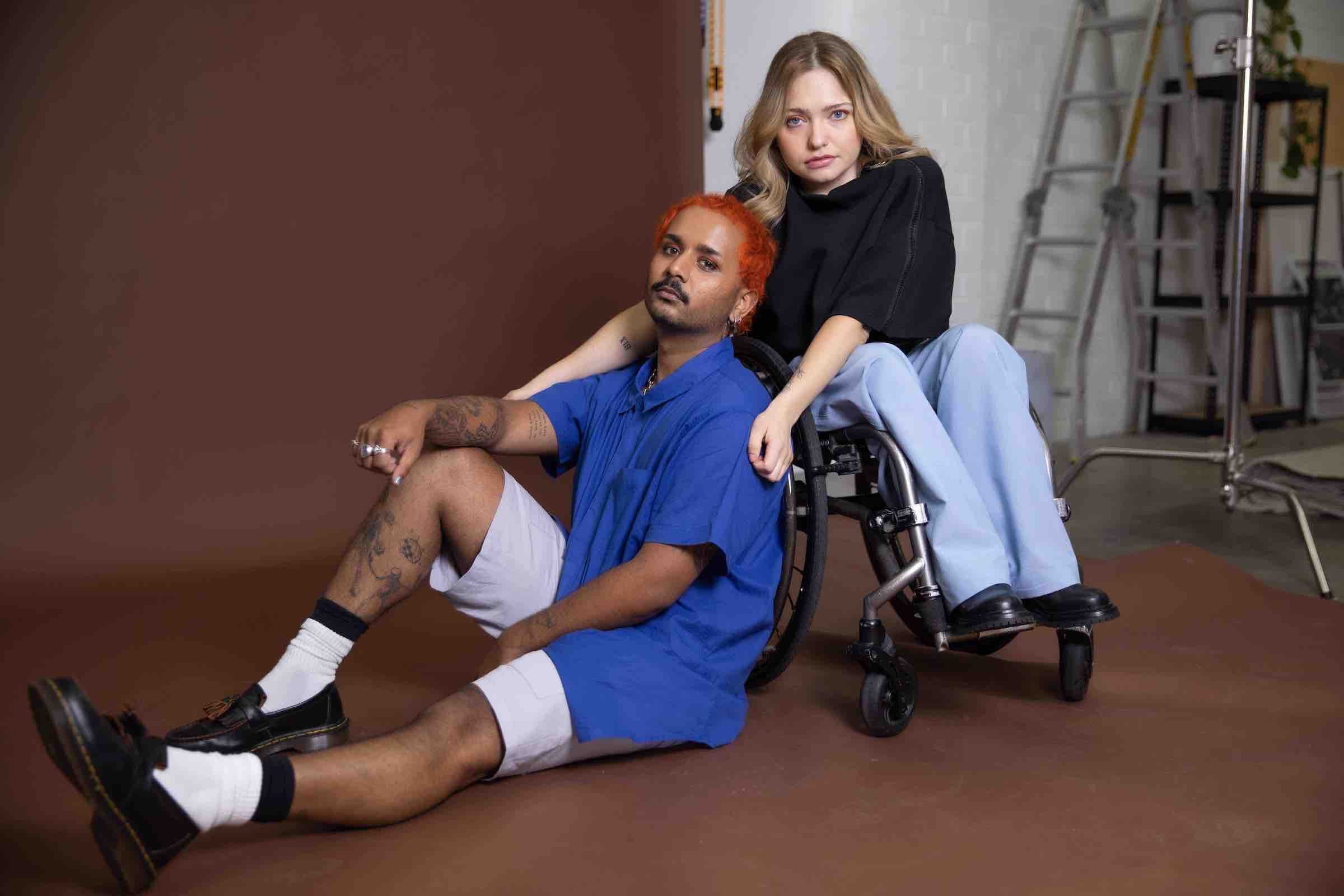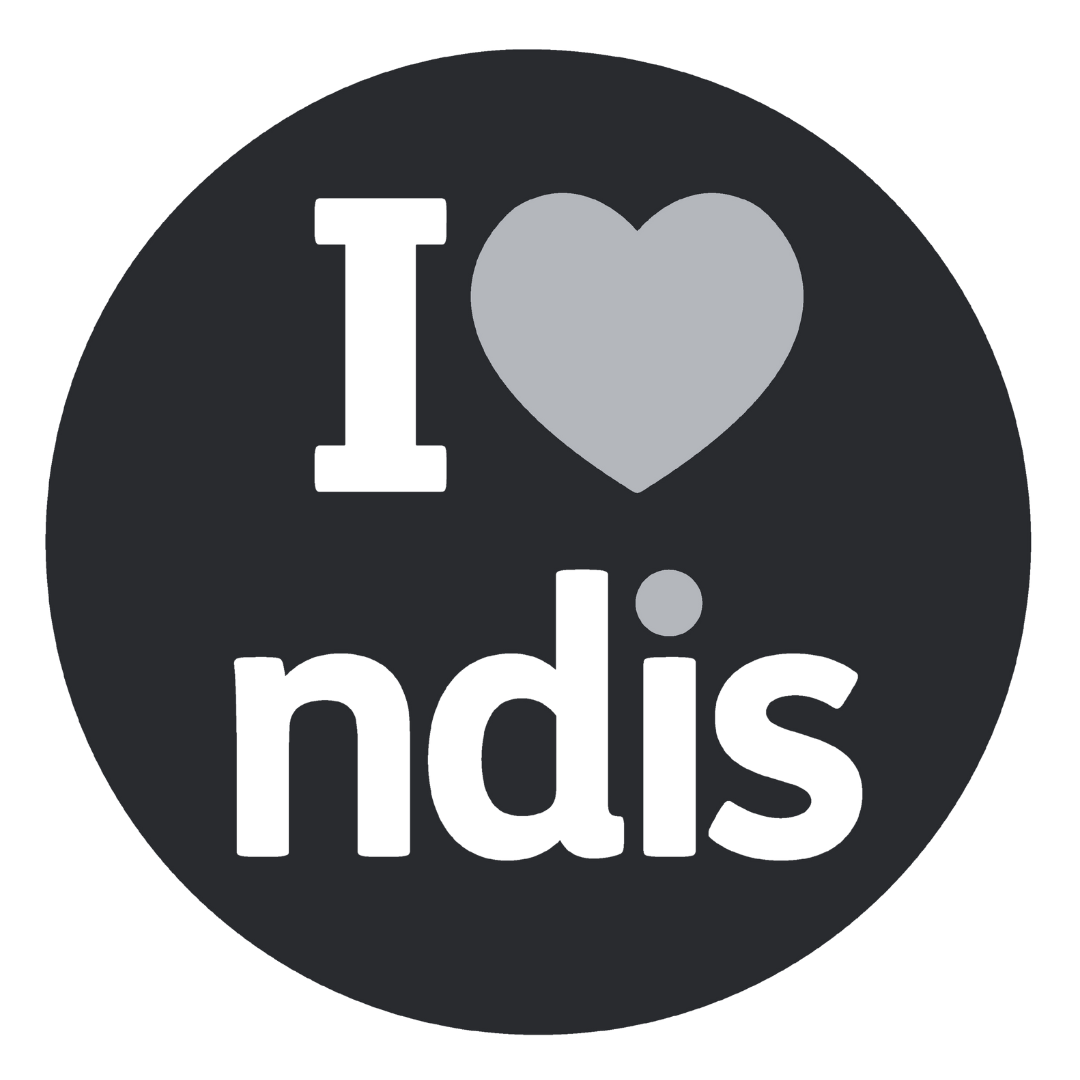Fashion isn't merely about dressing up; it's a form of self-expression that deeply influences our participation in various spheres of life and our psychological well-being. From the clothes we choose to wear to the way we present ourselves, fashion plays a pivotal role in shaping our identity, confidence, and interactions with the world. Let's delve into how fashion impacts individuals' participation and psychology.
First and foremost, fashion serves as a powerful tool for self-expression. The clothes we wear reflect our personality, interests, and cultural affiliations, allowing us to communicate who we are without uttering a word. Whether it's a tailored suit exuding professionalism or a vintage band t-shirt showcasing our musical tastes, our clothing choices act as a visual language through which we convey our identity to the world.
Fashion influences how we perceive ourselves and how others perceive us. Studies have shown that what we wear can significantly impact our confidence levels and self-esteem. Dressing in clothing that makes us feel good can boost our mood and enhance our sense of self-assurance, empowering us to tackle challenges with greater confidence and resilience. Alternatively, wearing ill-fitting or mismatched attire may lead to feelings of self-doubt and insecurity, hindering our ability to fully engage in social or professional settings. Additionally, fashion can influence our mood and cognitive processes. For example, wearing formal attire associated with professionalism may enhance attention to detail and performance in work-related tasks, while wearing casual attire might promote relaxation and creativity (I know that if I chuck on my trackies and ugg boots when I wake up, I am not leaving the house and will probably be pretty unproductive with work that day!).
Fashion plays a crucial role in shaping our social interactions and sense of belonging. From workplace dress codes to subcultural dress norms, the clothes we wear can signal belongingness to certain social groups or communities. Adhering to these ‘norms’ fosters a sense of camaraderie and solidarity, facilitating connections with like-minded individuals who share similar fashion sensibilities. Whether it's dressing up for a themed party or wearing team colours at a sporting event, fashion serves as a unifying force that brings people together.
With all of this in mind, it’s easy to see how clothing can have a significant impact across a person’s day, not just at the time of getting dressed. The flow-on effect on the rest of the day must be considered when thinking about the importance of fashion in an individual's life. It’s common for us to hear people say things like “Oh I don’t care about what I wear, I’m not a fashionista!” but everything discussed above just shows that the impact clothing has isn’t just relevant for those that have an interest in fashion.
For people with Disability that may only have a few clothing options that are comfortable or easy to wear, you can see that it would be difficult for them to express themselves through fashion in the same way non-disabled people are able to. If the only things that are accessible to your dressing needs are tracksuit pants or leggings, how would that impact your self-esteem, mood and confidence each day? And therefore, what effect would this have on participation in work, school, social outings and everything else. Everyone deserves to express themselves through fashion, but for so many people with Disability this choice and control is stripped from them through inaccessible clothing designs.
We at JAM are super passionate about the consideration of those with Disability during the design process of fashion. We believe that every single person should be able to express themselves through their clothing. When discussing the impact fashion has on an individual, we must always consider those who don’t have adequate access to clothing options, and how we can better provide so everyone has the same opportunity. Ultimately, fashion should be celebrated as a tool for self-discovery and personal expression, enabling individuals to navigate the complexities of life with style and confidence.

